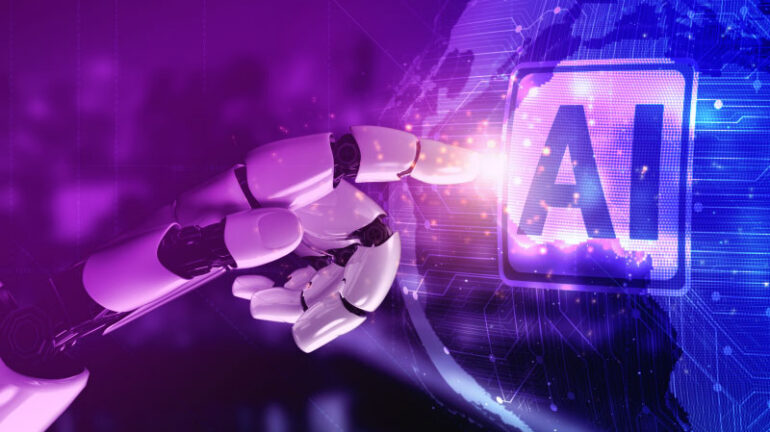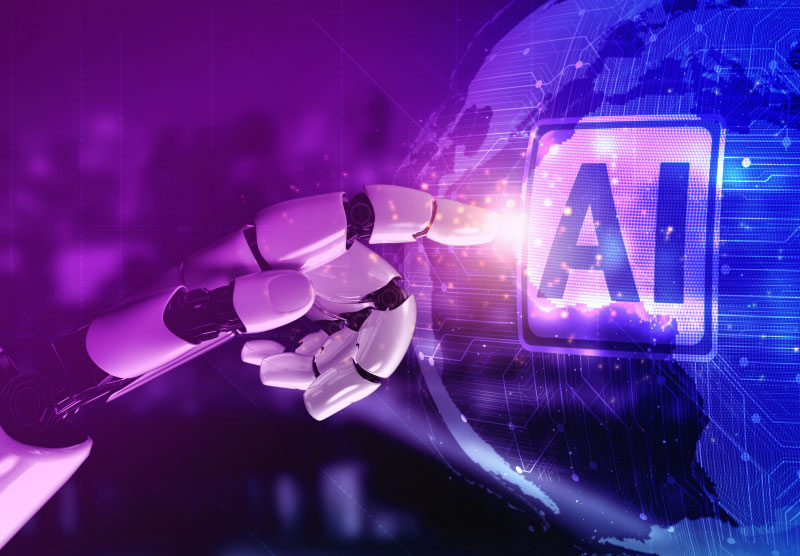
As we transition into the era of Web 3.0, characterized by a decentralized, open, and interconnected web, Artificial Intelligence (AI) takes center stage, profoundly impacting how we interact with the digital world. Building trust in AI-driven systems is essential for this paradigm shift to be successful and long-lasting. In building this crucial trust, transparency, accountability, and auditing stand out as essential elements.
Transparency: Shedding Light on the Black Box
Trust in AI is based on transparency, which is the foundation of it. In earlier AI systems, algorithms frequently functioned as “black boxes,” making it difficult to understand how they made decisions. The AI systems of Web 3.0, however, must escape this opacity. By offering concise, understandable descriptions of AI algorithms, data sources, and model architectures, developers and organisations must embrace transparency. This ensures that users comprehend how AI influences their online experiences, fostering a sense of trust and reliability.
Accountability: Taking Responsibility for Impact
Transparency and accountability go hand in hand. Developers of AI must accept accountability for the effects of their work. This is actively seeking out and fixing biases, mistakes, or unwanted effects in AI models. It includes understanding the constraints and problems that come with AI systems and exhibiting a dedication to swiftly resolving these problems. Users feel more comfortable interacting with AI-driven technology when developers place a high priority on accountability because they know there are systems in place to address errors and learn from them.
Auditing: Validating Trustworthiness
Building and confirming trust in AI systems and algorithms requires regular, independent audits. Third-party audits undertaken independently by independent organisations can confirm that AI systems work as stated and adhere to ethical, legal, and security standards. Through thorough audits, developers can identify and rectify any biases or vulnerabilities, thus enhancing the credibility and reliability of AI technologies. These audits also serve to demonstrate a commitment to openness, further solidifying trust in the AI ecosystem.
Auditing becomes even more important in the setting of Web 3.0, where decentralisation and blockchain technology play key roles. Blockchain-based smart contracts and algorithms must undergo stringent security, integrity, and compliance audits. These audits assist in ensuring that the decentralised apps (dApps) are reliable, secure, and compliant with the concepts of accountability and transparency.
The key to a successful AI integration in the Web 3.0 environment is trust. Adopting transparency, accountability, and auditing supports the creation of an ethical and dependable AI-driven web while also making trust-building easier. We can create the foundation for an inclusive, equitable, and reliable digital future by upholding these ideals.
